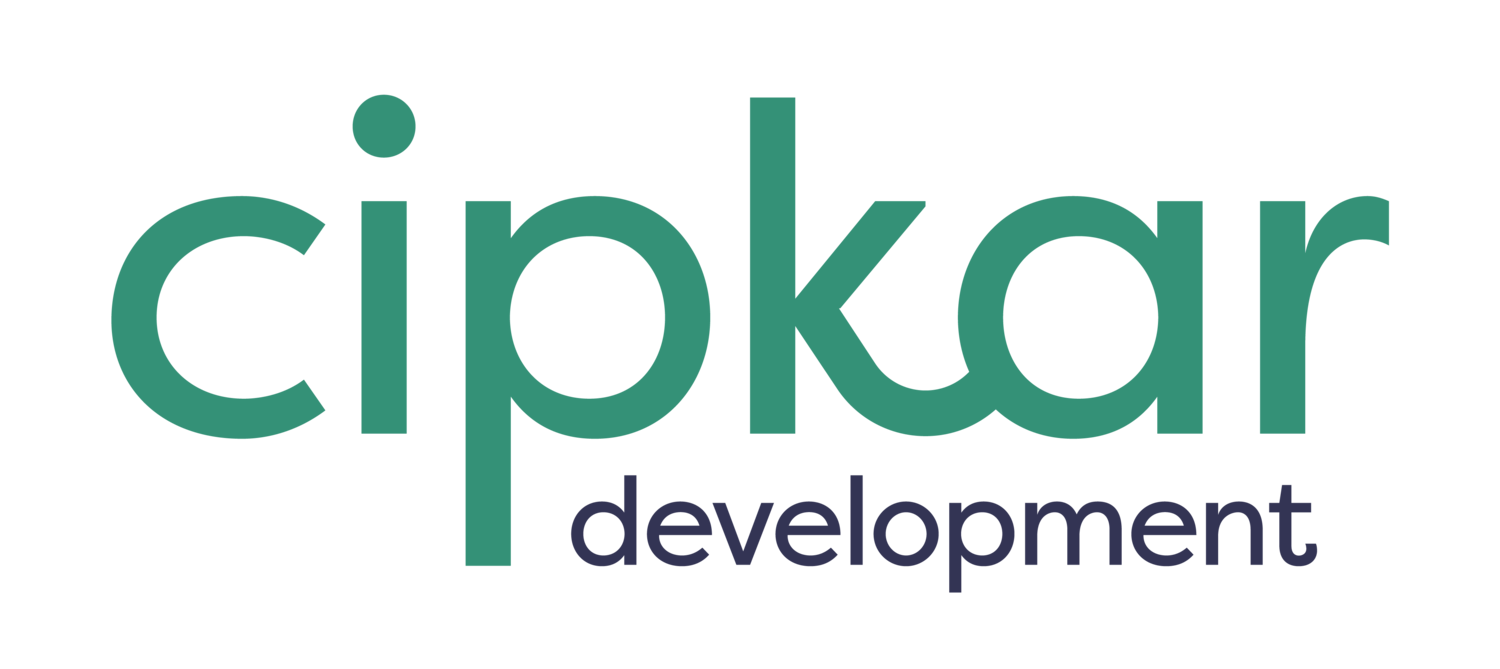For whom does this hospital benefit?
I was born just shy of three decades ago at Hotel Dieu Grace Hospital, now known as Windsor Regional Hospital - Ouellette Campus. My parents drove from LaSalle, where I would go on to live the majority of my childhood. I now live in the heart of downtown Windsor - “Ground Zero” as it has been called - which feels worlds apart from my upbringing. Despite being less than 15 minutes apart, the composition, culture, and political economy of the urban space I now occupy is noticeably different from my suburban experience. It has only been through the day-to-day life in this neighbourhood that I have truly seen the difference in values and lifestyles firsthand.
Why do I start with this?
I find that it is often easy to look at the “hard data” on the exponentially increasing infrastructure deficit, or the devastating impacts of climate change on our region as a way to articulate why the Mega-Hospital should not go forward on County Road 42. In this form of debate, we take stock of one’s educational credentials and determine if their opinions are informed, and hence, valid. It’s a lot more difficult to truly understand the lived experiences of those in our community who are different than us, who may not have the mobility or privilege that others do. It’s even more challenging to build genuine relationships that can collect all of that capacity and harness it into positive change for the betterment of all people. It is easy to get lost in the numbers, the narratives, and the political ideology that surrounds all of us in some form or another, even if it remains unlabelled. It is a lot more difficult to center in on the people, to hear their voices, and take it into account when it comes to high level, regional decisions.
I would like to bluntly say that while I do not speak for anyone else, I believe that the current hospital plan has not meaningfully included the majority of voices in our region. As an elected official, a former community developer, and as a budding academic in urban planning focused on equity, it is hard for me to feel comfortable with the sub-par engagement and divisive nature of the debate, and as a result, I do not feel that it is correct to say that the City of Windsor supports construction of the hospital, despite the many wheels that are in motion and the desperate need for this health facility.
The plain and simple truth is this: communities from which significant infrastructure is being removed and subsequently relocated to a further distance and at an irresponsible cost to our infrastructure deficit, have not been properly consulted, nor considered. Regardless of the outcome of the LPAT decision, we intuitively and substantively know that this is true. With the amount of disinvestment in core neighbourhoods over the last several decades, including school closures, entertainment venues, major road projects and the removal of partial or full community centres, it is no wonder their voice has not been properly constituted in these decision-making spaces. I have felt the visceral emotion of these neighbourhoods in many town hall meetings and it is due to a sense of exasperation that they are not being heard. Furthermore, one has to only look at the composition of the board who decided on this proposed hospital location, as well as our current and previous City Councils to hazard a guess that despite being “representatives” of a geographic space in our city, they are not fully representative of the communities that the new hospital location will negatively impact. Has this plan truly been vetted through the highest standards of equity and inclusion with a specific attention to those who are most vulnerable and have difficulty accessing health care? Do we truly understand the needs of these various communities beyond data, or do we simply relegate their issues to being part of “special interest groups” rather than co-members of our community?
This may be a tired point, but I believe it is worth repeating.
While we all desire the benefits of a new state-of-the-art hospital, the question simply becomes:
For whom does this hospital benefit?
As we are at a point of asking for funding, but there are still significant concerns regarding climate, sprawl, and equity, I ask that our decision-makers take a step back from the binary debate (CR 42 or nowhere!) and ask:
If not this, then what?
What could this look like for our community if we went back to the drawing board and envisioned a better Windsor for all of us?
Consider that question for the whole community. And then consider asking the whole community that question. We must be able to consider it from the experiences of those who are different than us, and also engage in conversation with them. It is hard work, but to truly generate a plan that is both reflective of the needs and also contributes to a healthier fabric of the Windsor region, we need to reflect on whether this is the best we can do.
I will leave you with this: Two neighbours that I have become close with in my time living downtown have both had or have had family members requiring major surgery or ongoing treatment for chronic medical conditions. Their ability to walk, take transit and/or a short cab ride has made a significant difference in their financial capacity, as well as mental health and well-being (in addition to being able to access the health care they required). Their experience helps us to better understand the impacts of equitable distribution of resources in society. This is the lens that should inform all of our decisions, even when resources are scant and we are seemingly between a rock and a hard place.
Link to edited Windsor Star Guest Column:
https://windsorstar.com/opinion/letters/guest-column-hospital-location-not-best-choice-for-this-community?fbclid=IwAR1VSbxoeuo4LGkWnbEzk4BbFAdqgJrwR6zzB4GvxhdMOdgwuNRNe2lZrPA
